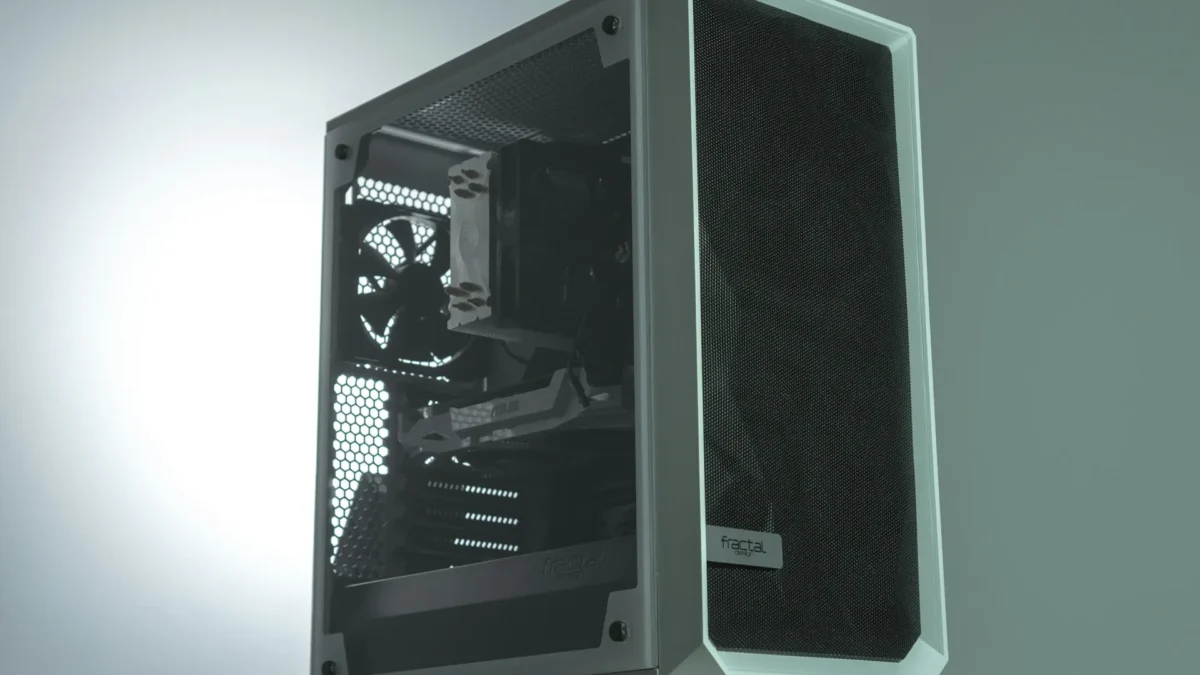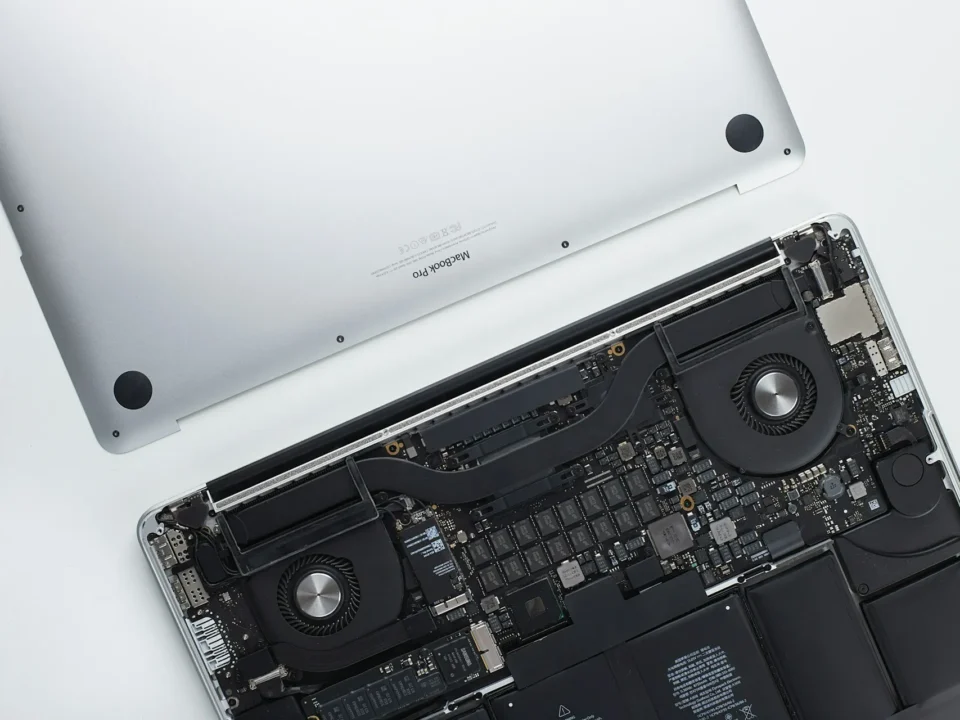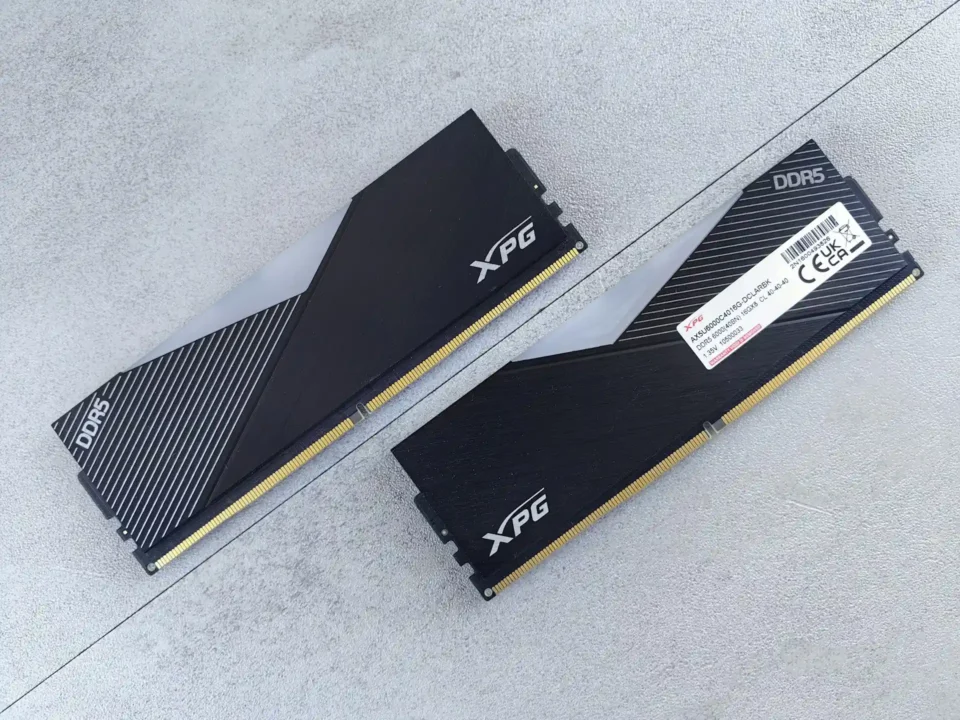Refurbished vs. New Computers: Which One Should You Buy?

How Much RAM Do You Need in 2025?
June 4, 2025
Best GPU for Your Needs in 2025: A Complete Buyer’s Guide
July 24, 2025Buying a computer today isn’t just about picking the fastest processor or the sleekest design—it’s about making a smart decision that fits your needs and your budget. And one of the biggest decisions you’ll face is whether to go with a refurbished machine or spend more on something brand-new.
So, what’s the right choice?
The truth is, it depends on who you are, what you need, and how much you want to spend. Both options have their pros and cons. Let’s dive in and help you figure out which one makes the most sense for you.
What is a Refurbished Computer?
First, let’s clear the air: refurbished doesn’t mean “old and broken.” In fact, many refurbished computers are in excellent condition.
They may have been:
- Returned due to a minor defect (which was fixed)
- Display models used in stores
- Units that someone simply didn’t want after opening
Before they’re resold, they’re cleaned, repaired if needed, tested for performance, and restored to working condition. Many also come with warranties—though usually shorter than what you’d get with a new product.
If you’re buying from a trusted source, a refurbished computer can look and work just like a new one—and for a whole lot less.
The Benefits of Buying Refurbished
Let’s start with the big one: price.
Refurbished computers are typically 30% to 50% cheaper than new ones with similar specs. That means you could potentially afford better hardware—more RAM, a faster processor, a solid-state drive—without breaking the bank.
For a lot of users, that’s more than enough. If you’re someone who:
- Checks email
- Streams shows
- Attends virtual meetings
- Works on documents or light spreadsheets
…a refurbished system can do the job just fine.
Here’s another bonus that doesn’t get talked about enough: some refurbished computers are better on electricity. That’s because many of them come from business-grade models that were designed for 24/7 office use. These machines tend to be more power-efficient than flashy gaming laptops or RGB-loaded desktops. If you’re working from home or using your computer all day, this can quietly save money on your power bill over time.
When to Choose a New Computer
On the flip side, buying new has its advantages—and there are times when it just makes more sense.
If you’re into high-end gaming, editing videos in 4K, building 3D models, or working with heavy software like Adobe Premiere or Blender, you’ll benefit from the latest processors, higher RAM speeds, and next-gen graphics cards that refurbished systems likely won’t have.
Also, when you buy new, you get:
- Full manufacturer warranty
- Longer support lifecycle
- More choices for customization (especially when ordering directly)
And for those who prefer that fresh-out-of-the-box feeling, unboxing a brand-new computer definitely has its charm.
But keep in mind: a new machine also means a higher price tag, sometimes much higher than what your actual needs require. Just because it’s more expensive doesn’t mean it’s better for you.
It All Comes Down to Your Needs
This is the most important point: different needs call for different computers.
If you’re a student taking online classes, a small business owner using cloud-based tools, or a parent buying a computer for your kid’s schoolwork, you probably don’t need the most cutting-edge tech on the market. A refurbished model can give you plenty of power at a much lower cost.
On the other hand, if your work depends on high-performance computing—or if you’re a tech enthusiast who wants to tinker with the latest features—going new is a better investment.
Consider These Before You Decide
Here are a few personal questions to ask yourself before making the leap:
- How much am I really going to use this computer?
If it’s only for casual use or a backup system, refurbished is likely the smarter route. - Will I be running demanding software?
High-performance tasks usually justify the cost of a new machine. - Do I care about having the latest design or tech features?
If so, a new system is the only way to get cutting-edge specs. - What’s my comfort level with potential limitations?
Some refurbished computers may not support the newest connectivity standards (like Wi-Fi 6E or Thunderbolt 4), and their batteries might not last as long as brand-new ones. If that’s a concern, factor it in. - Who am I buying from?
Always buy refurbished computers from reputable sellers—ideally from the original manufacturer or a certified refurbisher. This ensures proper testing, fair warranties, and better customer support if anything goes wrong.
The Smart Buyer’s Tip: Don’t Pay for What You Don’t Need
There’s a lot of pressure to buy more computer than you really need. Marketers love to push the latest features, but for many people, those extras go unused.
You don’t have to overspend to get a great experience. In fact, many users end up happier with a reliable, modest system than with a flashy one they barely take advantage of.
If you can save hundreds of dollars by buying refurbished and still get great performance, why not?
Final Thoughts: Refurbished or New?
At the end of the day, here’s the honest truth:
- If you’re on a budget or just need a dependable computer for day-to-day use, a refurbished machine is a smart, money-saving move.
- If you require top-tier performance, plan to use resource-heavy apps, or want long-term support and upgradeability, a new computer is worth the investment.
Just remember: it’s not about choosing the best computer overall—it’s about choosing the right computer for you.
Spend where it counts. Save where you can. Always buy with confidence, not confusion—and remember, Eagletech Computers is always here to help you make a considered choice.




